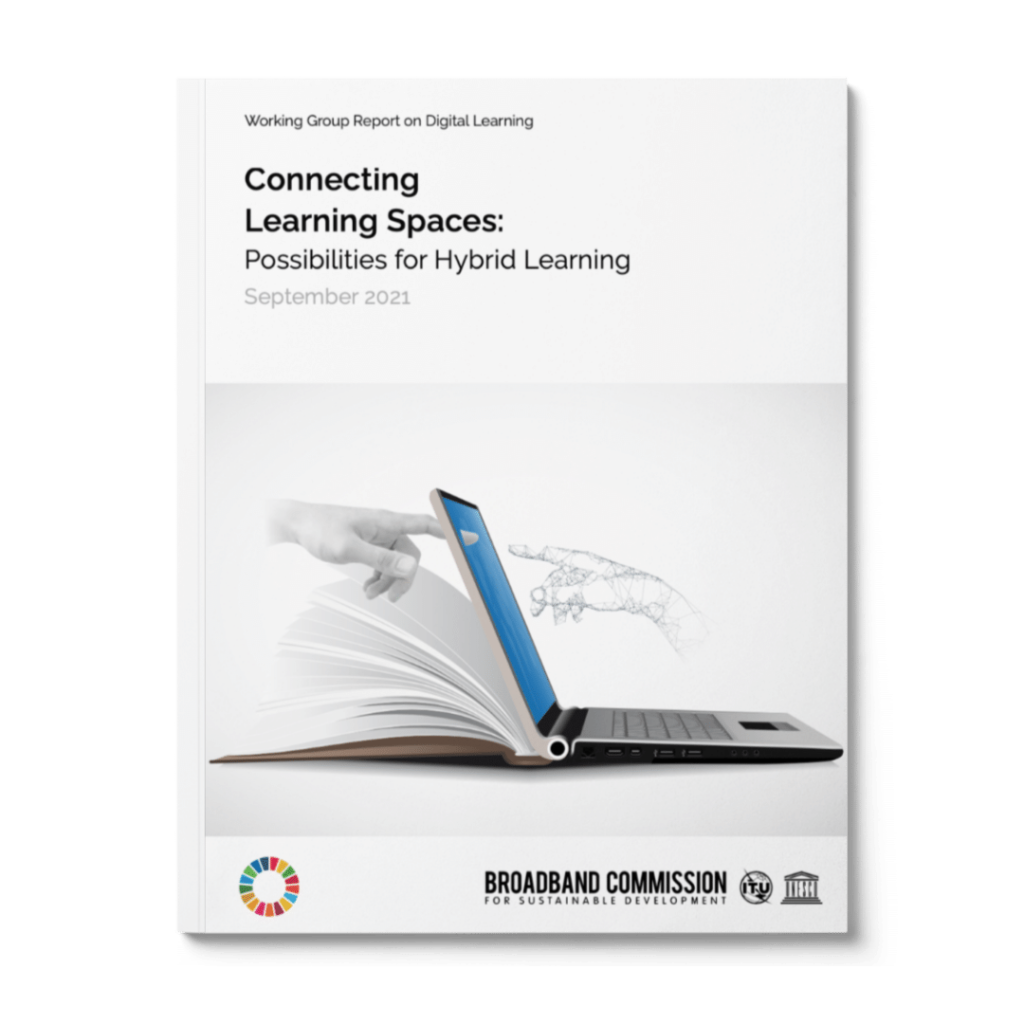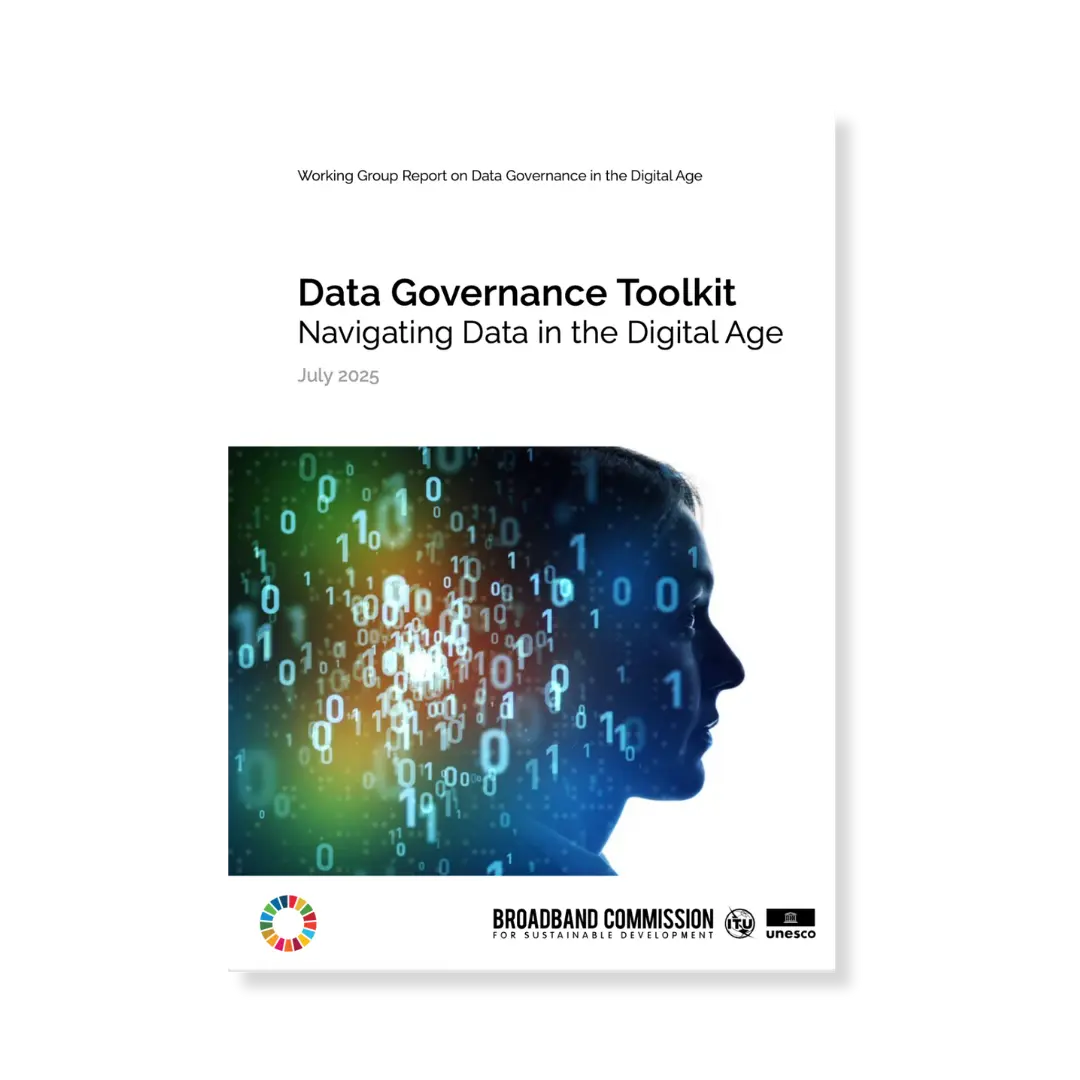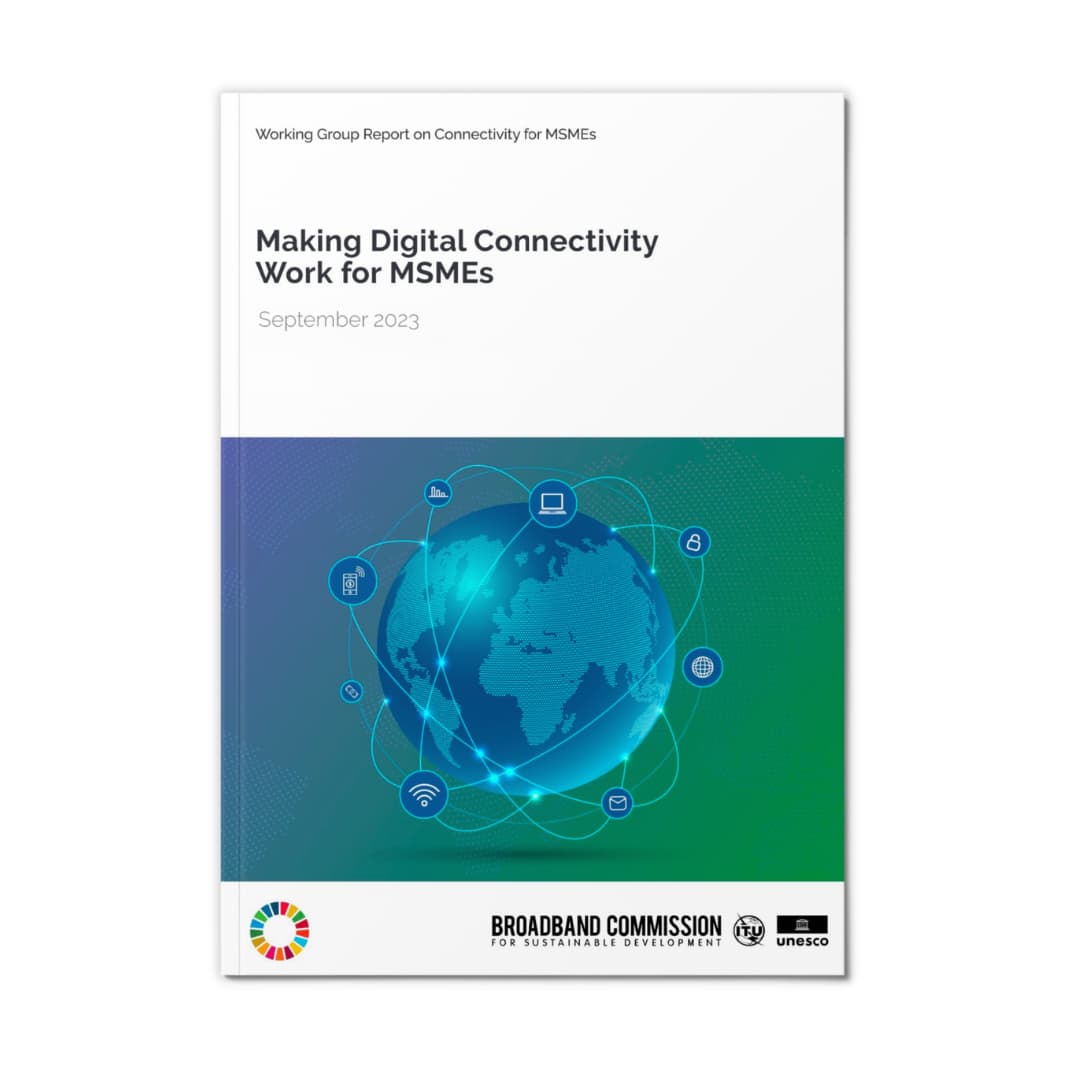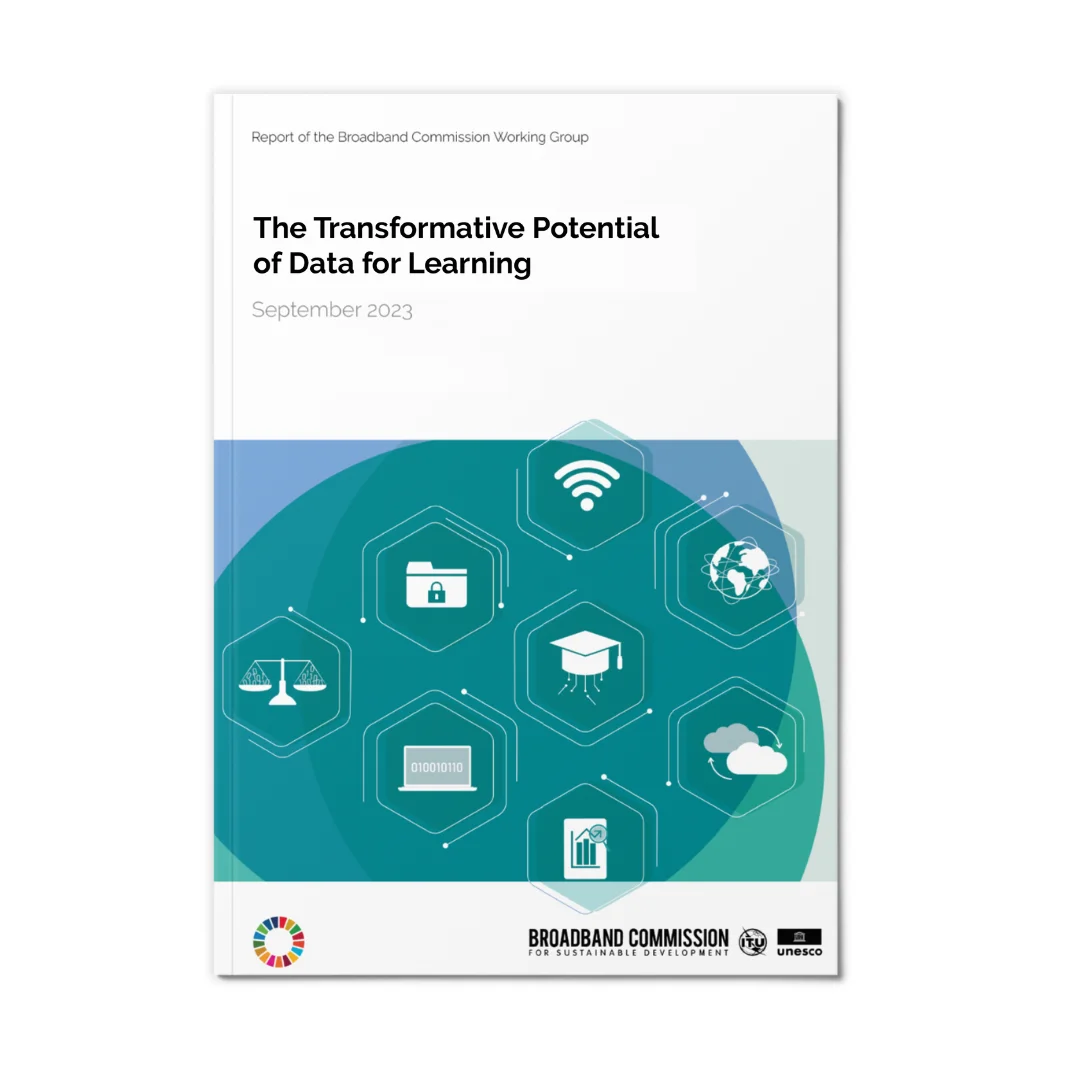Promotional Toolkit to support the report: Trello
The Working Group Report on Digital Learning introduces a range of factors that should be in place in order for hybrid learning to be a viable option for students, requiring deliberate planning, informed decision-making and substantial investment. It addresses considerations for accessing hybrid learning, especially those related to equitable access as required by SDG4: “Ensure inclusive and equitable quality education and promote lifelong learning opportunities for all”.
The report follows is organized around four strands:
1
Infrastructure (led by ITU): Innovation in infrastructure and connectivity operating models to ensure inclusive digital learning (in synergy with Giga, equipment and devices makers, investments models to create a sustainable digital learning infrastructure, etc.)
2
Hybrid Learning (led by UNESCO): Understanding the human dimension that facilitate effective hybrid learning, including analysis about appropriate roles for teachers and other facilitators, sustainable models of curriculum-aligned resource production and dissemination, and successful household and blended pedagogical learning practices.
3
Digital Skills (led by Ericsson): Competencies to use connected technology for learning and empowerment, digital skills for employability, anticipated labour market demands, abilities to navigate shifting and disrupted labour markets.
4
Frontier-Technology impact (led by Huawei): Scenarios for the future of digital learning, educational implications and advantages of frontier technologies, including AI, IoT, 5G, machine learning, data analytics, etc.
The report draws attention to trends, promising practices, and positive deviants related to the delivery of hybrid learning and student engagement. Emphasis is on the experience of the teacher and student. It begins with a taxonomy of the most common models of hybrid learning and proceeds to examine the changing role of the teacher, approaches for monitoring and evaluating hybrid learning, and the value of diverse tools, open content, and digital skills in augmenting user experience.
Lastly, the Broadband Commission report explores anticipated outcomes of hybrid learning and projections for the future of education and, by extension, the future of digital learning, which includes an analysis of select frontier technologies for hybrid learning, and associated recommendations for both low and high resource context.





